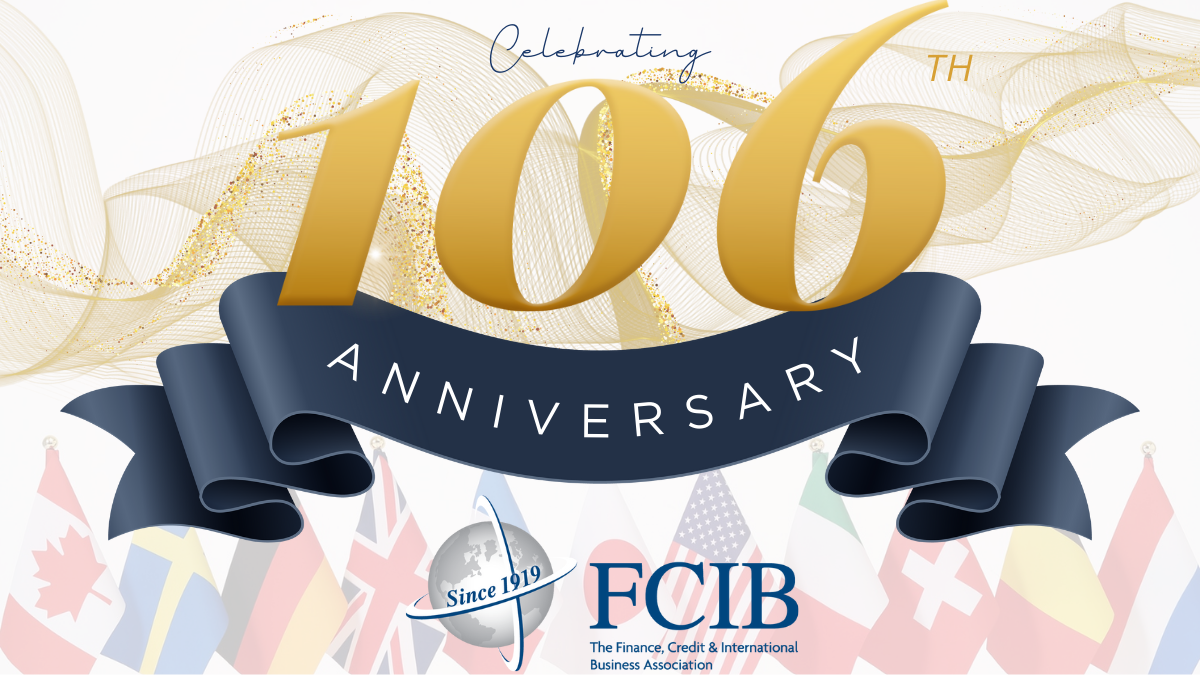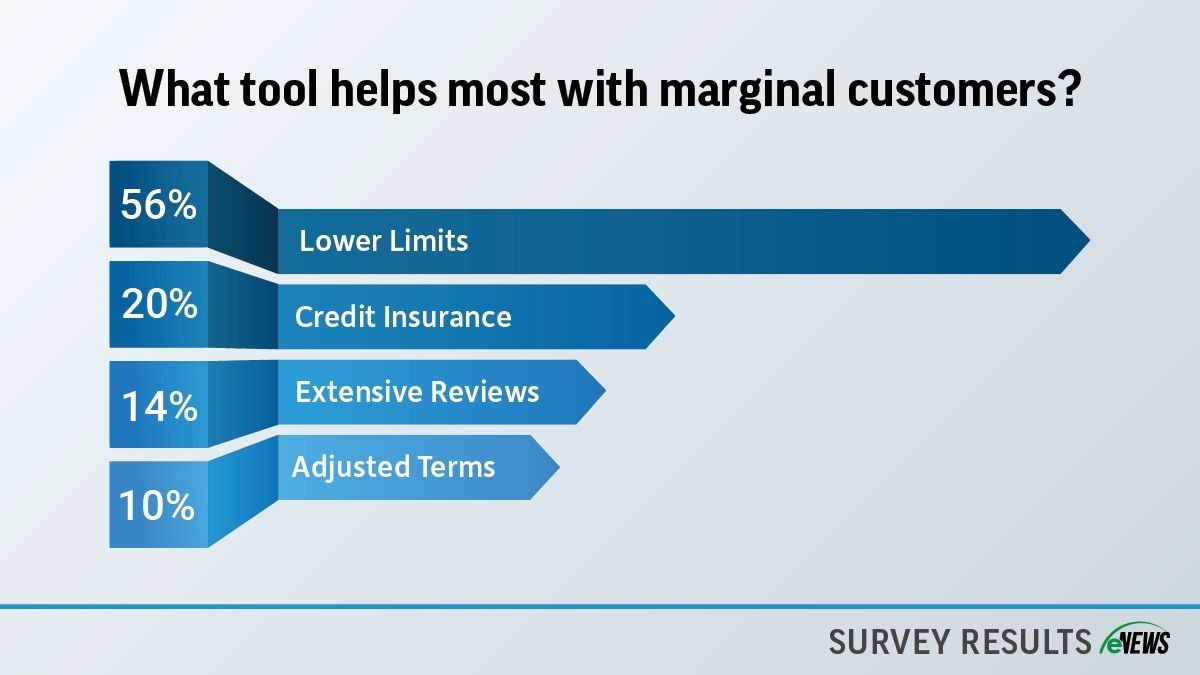eNews
FCIB celebrates 106 years of global credit insights

This week marks the 106th anniversary of The Finance, Credit and International Business Association (FCIB). Founded in 1919, FCIB has been a trusted resource for international credit professionals, with certification programs that fortify designation seekers’ knowledge of international business, discussion groups that bring together a global network of members and invaluable resources that give insight into the world of credit.
Why it matters: As we celebrate over a century of leadership, innovation and an unwavering commitment to the credit profession, it is important that we acknowledge FCIB’s vibrant community across industries and countries.
Credit professionals responsible for global trade discuss everything from rising political risk in certain regions to technological innovations that are transforming their day-to-day work during any one of the three thought leader forums moderated by FCIB. Each member’s perspective is shaped by their specific industry and the regions in which they operate, allowing members to refine their own best practices by hearing perspectives from all parts of the credit world.
“I try to attend every one of the global thought leadership forums each month, whether it’s a guest speaker or an open topic,” said Jennifer LeMaster, CBA, CICP, AR and credit supervisor for Lhoist North America (Fort Worth, TX). “Whether the conversation is about how sales and credit can work together or if artificial intelligence is taking over the industry, I love hearing other people’s perspectives from all over the world.”
By creating an open forum for conversations on best practices for extending credit internationally, FCIB is able to foster meaningful relationships within the credit community where members learn from one another’s unique insights.
“It is always interesting to hear a member’s perspective on best practices,” said Jim Youse, CCE, ICCE, FCIB’s managing director (Columbia, MD). “Although we all work in credit and collections, the unique idiosyncrasies and facets that go with each of those different industries come out during the open forums and allow other members to think about how they may change the way they do business.”
Along with over 2,100 global credit professionals, LeMaster has earned FCIB’s Certified International Credit Professional (CICP) designation by completing the International Credit and Risk Management (ICRM) course. Diving into the intricacies of global credit and risk management during the course has helped thousands of international credit professionals navigate risk while extending credit overseas.
“When I learned about the CICP designation, I was immediately interested because I’ve always had a fascination with international business,” LeMaster said. “The field is constantly evolving and changing with economic conditions, so finding ways to stay on top of everything and continuously learning is important to my career in credit.”
Credit education that delves into the complexities of international trade is invaluable. “There really is nothing in the world today that is not touched by global trade,” Youse said. “Having a global perspective and an understanding of how international markets work when making any credit decision can help credit professionals become real assets to their team and advance in their careers.”
The bottom line: For over a hundred years, FCIB has excelled at not only providing in-depth knowledge on global credit, but at building a strong network of credit professionals across the world who are passionate about the field and dedicated to staying on top of the ever-changing global economy.
“There is so much talent, expertise and experience among FCIB’s members,” Youse said. “The remarkable attribute of the FCIB community is that so many of our members are looking for ways to give back to the credit community. We have members with decades of experience in the field looking for ways to share everything they’ve learned, from how they organize their departments to how they manage political risk in certain regions.”





